|
It was with great pride that I joined Sandra Henke and Will Tasho of Hays plc at St James's Palace on 23 November, where they received the Princess Royal Training Award, for the Hays International Leadership and Management Programme (ILMP). Sincere congratulations to Will and Sandra, and also to everyone supporting them on the delivery of this flagship programme - including Mission Performance , Inspirational Development Group and Mind Gym. This 8-day long blended component of the programme, led throughout by Will Tasho and our own Justin Featherstone, relies on the contribution of many to deliver the outstanding results worthy of this royal standard in training.
The Assessors of the PRTA were looking for very clear quantitative evidence that the programme has made a significant contribution to the success of the business. They found what they were looking for in the Hays submission. As a contributor, what is much more precious to me than the data and the numbers is what we witness as we work with the ILMP groups during the emotional journey that this programme offers them. Safety is created from Day 1, as well as a spacious yet rigorous reflective practise, so that when the groups arrive with Equest for Day 4 and Day 5, they are ready to embrace the vulnerability which working mindfully with horses invites. In this most subtle, profound and non-judgemental of learning environments, where we listen to and are guided by the interactions with the herd, minds and hearts can open to a new way of leading, a new way of being. Permission is given throughout the programme to delegates to simply 'BE', to tend to themselves, to look inward as well as reach outward. The Hays International Leadership and Management Programme has at its foundation an invitation to its leaders to balance the commercial drive for results with leading their people with compassion and kindness. It is an honour to work on the ILMP and reassuring that a programme with such values can both evidence real transformation within the business and be recognised for it at such a high level.
0 Comments
COMPASSIONATE LEADERSHIP
An insight into embodied horse-led leadership development Friday 10 May 2024 - 10.00am - 14.00pm, Suddene Park Farm, Burbage, Wiltshire.
If you answer ‘Yes’ to any or all of the above questions, we would be delighted to welcome you at our beautiful base, Suddene Park Farm, in Burbage Wiltshire on Friday 10 May from 10.00 - 2.00. Equest has been designing and delivering embodied horse-led leadership and team development solutions since 2011. We have worked with national and global organisations of all shapes and sizes. Usually we deliver two day programmes in aspects of leadership relating to authenticity, compassion, relationship, presence and mindful awareness. We also work with senior teams who want to be more effective, more human and more honest with each other. As part of the Compassionate Learning insight event, we will share information about the different kind of interventions we offer as well as the principles of our embodied horse-led approach. You will learn about both the science and the mystery of how horses can help us to attune to our innermost self and move beyond the limits we place on ourselves. There will be the opportunity to meet some of our world-class facilitation team, as well as, of course to share some precious time with the herd. If you would like to request a place on the event please email Pam Billinge on [email protected]. Light refreshments and lunch will be provided by our magnificent caterer Rachel. Attendance at the day to cover catering costs - £50 per person. Places limited so please book your place early to avoid disappointment. If you are interested in finding out more about our work and are unable to join us on the 10 May, please also feel free to ask for a call with Pam or one of our team. 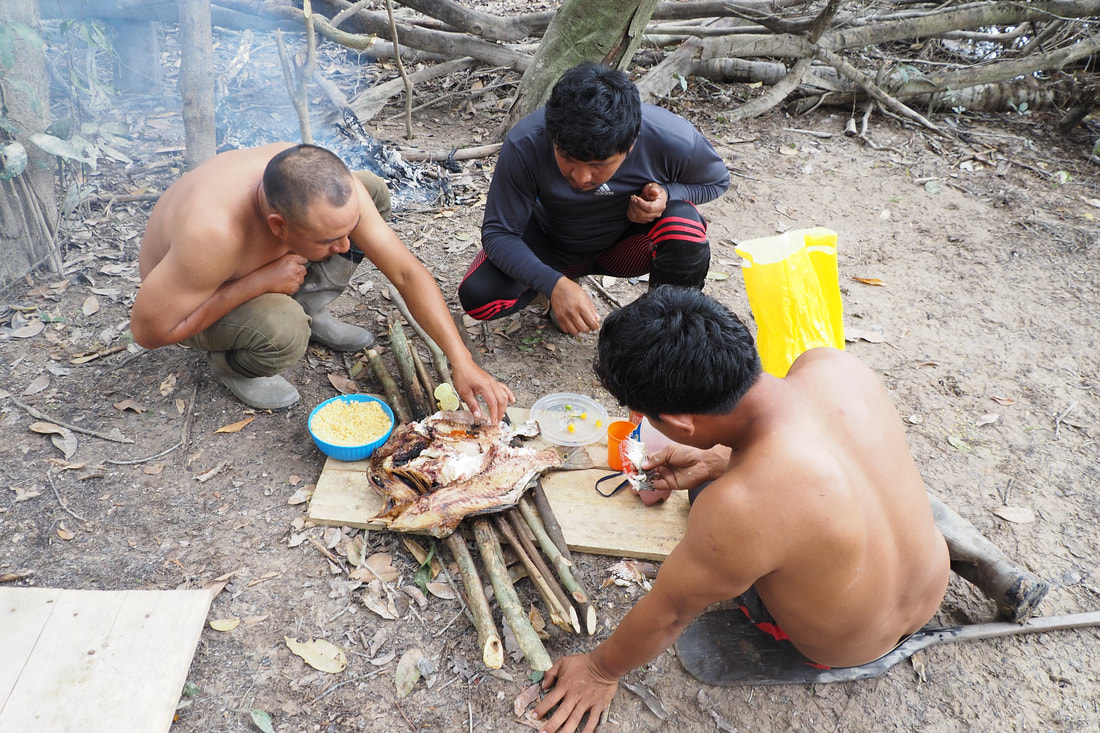 ADVENTURES IN KINDNESS Onhari! Onhari! the cry rises across the village, and gains momentum as one by one each person takes up the call as they hear it. There is a charge of excitement in the air; a returning hunting party has been unusually successful and it is time to celebrate. Quickly, the focus of the community turns to the umama yana, the large conical thatched building that is the communal meeting place and the heart of the village; steadily the people of Masekenari assemble in it over the next few hours as a feed up for all is prepared. Onhari! or ‘come to eat!’ is central to Wai Wai culture and I have come to spend a month in the most remote village in Guyana to understand this idea more deeply. The population of Maskenari is 310 and these are the only people living in the 650,000 hectares of primary rainforest that represents the Konashen Protected Area. It took one week to reach the village which lies in the south eastern extent of the Amazon. The journey encompassed a light plane flight, 180 kilometres by 4x4 vehicle and then 170 kilometre on the Kuyuwini and Essequibo rivers, during which, me and Shushu, my Wai Wai guide, lived in the forest, hunting and fishing on the way. For Wai Wai, sharing is essential to the success of the community. So, when a family kill a large animal such as a tapir, or more peccaries than they need, they do not hoard the meat but call onhari and prepare a feast to share with rest of the village. The toshao’s (chief’s) wife, Pinia explained to me, “it is hard to see deep into people’s hearts but when we share and eat together, we are better able to show what’s in our hearts and see what’s in the hearts of others.” For Wai Wai, sharing is as much a ritual of connection as it is a practical way to ensure resources are evenly distributed. To this end, the toshao, Paul Chekema, operates a one plate policy during meal times when he is away from Masekenari. To set an example, he asks everyone to eat from his plate in order to remind them that everything he has is there to be shared. Ideas of sharing and collaboration are threads of the idea of kindness that are woven into every part of Wai Wai life. Charakura expanded while sitting next to the fire in his hut, “kindness is most important as if you show it, there will be more good living for everyone. It is also most important to listen and when you do so, do so as if you know that it is a true story [as] the person will feel supported if they know that others believe them and are listening well.” The importance of making time to attend to others purposefully was reiterated by Maripa. “if you are kind, others will respect you. Being kind means many things, showing respect to others, having good manners and acting decently; it means finding the time to stop and talk and check in on each other.” It would be easy to dismiss such values of kindness, connection and sharing as being less relevant outside of this remote social group but that would be to ignore the Wai Wai’s lived experience. The achievements of the toshao and people of Masekenari are impressive. They were the first Amerindians in Guyana to successfully be awarded the rights to their lands and they were also the first Amerindians in the country to manage a legally recognised conservation area, which is the largest protected area in the country. To achieve this, the Wai Wai had to negotiate with the federal and state governments and the toshao still regularly meets with ministers and even the president on occasion. In short, offering kindness and building felt and empathic connections has led to incredible strategic success, which in turn has secured an autonomous sustainable future for this distinct ethnic group. To quote John Amaechi, “Accountability does not die with warmth.” I have made it a personal mission to reclaim the word kindness, as like the Wai Wai, I believe it is central to the success of any group. Kindness leads to the environment of safety we need to connect with truth and that promotes trust, which is the all-important glue that binds people meaningfully together. As I write this, I find myself reflecting on working with the horses of Suddene Park farm, who create the opportunity to explore felt connection, compassion and attendance across our relationships, including our relationship with ourselves. I can’t think of a more powerful example of onhari than the sharing of the experiences and lessons we find in our interactions with these wonderful horses. I like to think the Wai Wai would recognise the eh-tuashoté (Wai Wai for kindness) in these relationships and feel the graceful joy at the heart of our two and four-legged herd. Justin Featherstone MC FRGS FRAI Photos left to right:
Kaiway is 91 and the last man in Masekenari to undergo the traditional rituals from boy to manhood Giant river otters Three toed sloth Top of page: Shushu, Kwang and Stephen sharing a peacock bass on the banks of the Essequibo. Eighteen months ago, amid the self-isolation and brutal unreality of lockdown, I lost my younger brother to suicide. I was not the only one of course to be thus affected. The shock is subsiding for me but can easily be triggered, and the pain and anguish of my loss is still raw. And yet in spite of it my life goes on and often even happily: I work, I play and I do what I can to be joyful and to honour the legacy of my brother. In some ways the pandemic seems such a long time ago now, but to lots of us it is like only yesterday. The societal impact rumbles on in ways that we could not have envisaged.
I am blessed that the nature of my work is healing in itself, it gives me permission to not pretend, to be peaceful and to simply be with what is. I don’t need to fix me or indeed others. My work surrounds me with love and holds me firmly, just as I hold the space for others while on their own learning path. If you are not familiar with my work with Equest, we specialise in Embodied Horse-Led Leadership Development, an experiential learning process in the company of a herd of horses. Put the words ‘leadership’ and ‘horses’ in the same sentence and this might conjure images of exciting feats where participants learn to control the horses, to be confident amongst them and establish a dominant leadership style. You couldn’t be more wrong. We are seeing the need for something very different for today’s leaders. Picture a man or woman, sat quietly in the centre of a meadow - a horse approaches and reaches down to nibble their hair. Or two people sitting in the shade of an old oak tree writing in their journals while the herd graze a short distance away. Or a group of five, meeting the herd in the morning mist by meditating together at the edge of the field - this same group, later, leaving any sense of competition or achievement to one side, and inviting the herd to follow them, simply, around the field. In inviting participants to step into authenticity, the kind which can sometimes be uncomfortable as well as liberating, our attention and intention as facilitators rests on ‘tending to self’. As participants seek to build trusting relationship with the herd of horses the change of emphasis from what we previously might have called ‘self-awareness’ is subtle and profound. The agenda is purely about kindness to self and as a result, to other. Those who come to work with us from all over the world are no longer Sales Directors, Chief Executives, Ops Managers, HR Leads or Regional Heads. Barely even spouses, wives, husbands, partners, siblings, parents or carers. They are quite simply themselves, with what seems like an infinite number of minutes and seconds within which to both expand and rest, renew and heal, heartbeats slowing to the steady rhythm of the horse. The question ‘What do I need right now?’ shines a light not just on what is needed, but also what can be offered. Tenderness begins to unfold where competition once bore supremacy. And with this simple inquiry of the self, a huge step is taken into a place where vulnerability and courage flourish in equal measure. The relationship building with the herd is at the centre of the group and each individual’s experience. Prior to asking what is needed, there needs to be an attention on how am I right now? And, beneath the tough coping exteriors required by high pressure business environments, the answer to that is not always clear. As delegates learn how to communicate and build relationship with the horses, their equine learning partners offer direct and true feedback. This helps to surface that which needs to be acknowledged: self-limiting beliefs, unhelpful thinking and relationship patterns, as well as sometimes the imprint of old trauma or emotional injury. As people relax into their relationship with the herd in the heart of nature, the sense of ‘how am I right now’ is felt rather than thought. And from there ‘tending to the Self’ is so much easier. This might mean sitting with the horses in the field, running and playing with them, or even running and playing without them. It might mean asking for help, or picking up the grooming brush. It might mean standing in the rain or staying dry in the stable. It could involve working in a team to lead the horses away, or requesting space to be alone with the herd in order to pay attention to grief, sadness, joy or anger. Whatever form it takes, the opportunity to tend to self, to ask ‘how am I’ and ‘what do I need’ creates a reservoir at which each can drink. And that includes me. A well of kindness and hope and ultimately love brims, an elixir of leadership, of humanity. Simple gestures revive the exhausted soul and laughter can follow in abundance. I hope that this summer you too will be able to reflect on what you need right now and that this need, whatever it is, will be met. That you will be kind, then restored and enlivened, and ultimately reconnect with all that is good for you. I’m grateful to all those I have worked with in the past year, of course to the Equest team for their support, but also to all those who have participated in our programmes. You know who you are! For the love they have brought, for their courage in being vulnerable and for walking alongside me, perhaps unknowingly, on my own path to healing. Photo courtesy of Justin Featherstone Reconnecting with the essential self - a personal path to healing ‘I’d like to work with Ruby’, Cathleen said, as she approached the herd who were munching on hay around the small stone barn. But Ruby had other ideas and sidled away from the woman, disappearing into the barn and taking up position behind the herd leader, Winston, who was toasting himself in the autumn sunshine.
This perceived rejection brought up difficult feelings, tears came and overwhelm threatened. I guided Cathleen out of the herd’s immediate space, asked her to close her eyes and began a short meditation, inviting the release of the self-judgements which the situation had triggered. Meanwhile Millie, the youngest of the herd, was observing events as they unfolded with what I might describe as mild curiosity. Suddenly her ears shot forwards like two arrow-points, and she bounded into a trot covering the ground between her and Cathleen in a couple of seconds. Enough time for the woman to open her eyes and exclaim a delighted ‘Oh!’ Millie is a pearl-white Connemara pony with a scintillating, vibrant energy. She is rarely still and if I was to liken her personality to a human trait I might say ‘guileless’. She will rush headlong into contact with others (both horse and human) without worrying about the consequences. This particular quality often results in reprimands from the more senior members of the herd and she sometimes carries the scars to show for it. But now with Cathleen she had found a willing playmate. They moved about the paddock together lost in their game. When it finished Millie stood with her chin pressing down lightly on Cathleen’s shoulder, nuzzling and nibbling her head and her long hair. The woman was radiant. ‘This is wonderful’ she beamed, ‘Millie has made me feel how I used to as a child - always curious and playful and lively, yet grounded as well. And trusting. How wonderful that used to be, to trust. I used to run at the world with arms open shouting ‘Hello World!’, unafraid of how I’d be received. Then it all stopped. I can’t remember when or how I ended up being this person who believes that I have to work so hard, that succeeding is so critical. I tell myself I do it to get things done, but really it’s about pleasing others and trying to make people like me. It’s about me feeling worthy, this way of life I have constructed.’ I let Cathleen’s words settle into the autumn silence as she gently stroked Millie’s neck. Then she turned to look at me ‘I miss that person, you know, that person I used to be. I didn’t realise how much I miss her!’ And it was as if, as she uttered this phrase, she claimed that person back, that part of herself which had been lost. In the days that followed Cathleen’s words echoed in my mind…. ‘I miss that person!’ Slowly it dawned on me that there were parts of ME I had greatly been missing. A year before I had experienced a difficult bereavement. My younger brother took his life at 58 years old. Cathleen’s words helped me to see just how much of myself had died too in the painful complexity of this event. I realised that perhaps now I was missing myself as much as I was missing my brother. I’d been missing the ‘me’ who dances in the kitchen just because she feels good. Who feels buoyant for no reason, rain or shine, who laughs unguardedly and wears a smile for no-one but herself. Who wakes each morning saying ‘I am glad to be alive today’ and not ‘Why didn’t I see it coming?’ I’m missing the me who writes with joy, who cooks delicious things for pleasure, who has energy for life and soul. I’m missing the me who likes to play, with a lightness of energy, a sense of mischief. Could this be the beginning of my healing? Of reintegrating the parts which were splintered and smashed in the emotional carnage of the suicide? We can’t shed grief, just like that, because we are tired of it. But we can create small opportunities for the overshadowed parts of ourselves to step into the sunlight and sing again. Understanding this is enough to invite gentle transformation. I can choose to nurture my essential self in small ways, investing as much in honouring this as much as I invest in honouring the lost life of my brother. Through the confusion and doubt and regret and the most profound sadness I can learn to be truly kind to myself, accepting that I am imperfect and the best that I can be. So should you pass my house early in the morning before the day dawns, you might now see a crazy figure bopping around the kitchen table, usually to 70s and 80s disco funk music. I don’t always feel like it, but somehow once my body starts to move my spirit finds a way of following. You might see me sat in my hay barn with a warm drink, smiling as I look up at the Little Owl which has nested wisely in the eaves and who likes to peer down on me while I work. Or you’ll notice me out in the meadow amongst the horses, allowing myself to dwell in the soothing embrace of nature. And if I am not there you’ll find me sat at my beautiful desk, designed and made for me by the gifted hands of my brother, bringing words together once more onto the page in a blanket of healing love. Photo of Millie courtesy of Brendan Gosling Gage 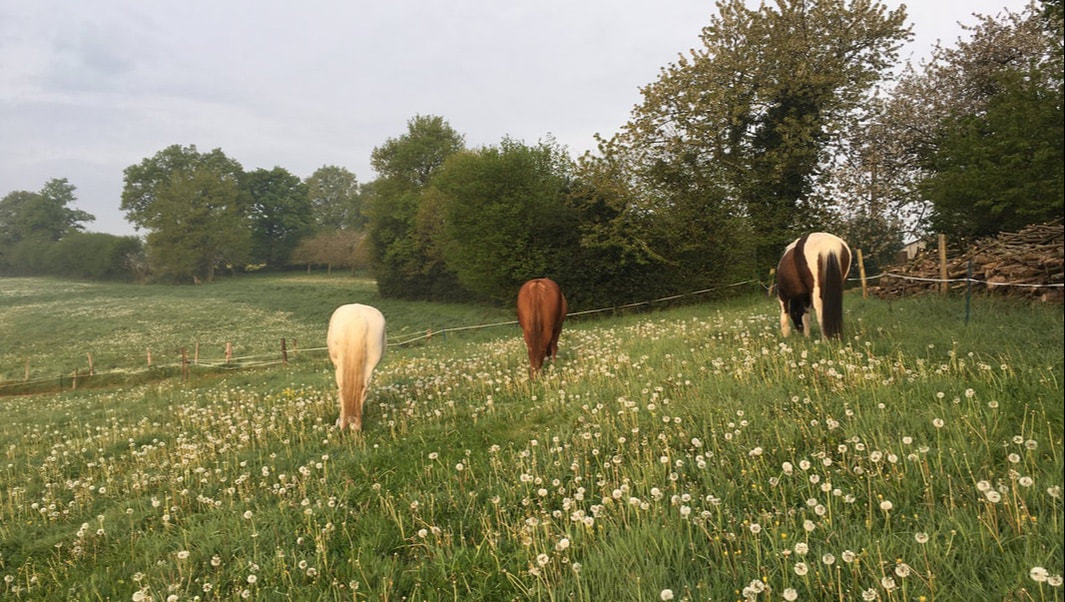 Join Pam at her home in France to fall under the spell of the herd and with them embark on an extraordinary journey of self-discovery. The retreats offer an opportunity for both structured and spacious encounters with the horses with time for reflection and simply soaking in the beauty of nature in this small, verdant valley in North Western France. There is an emphasis on integration of mind, body and spirit, embodied presence and compassion. The retreats are offered with a community spirit and are self-catered. You will be invited to be in the service of the herd as well as the group, contributing to the care of both the human and horse herd. Each day we will tune into the needs present and take care of them as a group. Cooking and clearing will be shared responsibilities as well as the hands on care of the horses. Being in service like this to the entire herd is an important part of the practise of the retreat as well as taking care of our own needs. For more information please visit Pam's website below: https://www.pambillinge.com/the-spell-of-the-horse-retreat-latest/
Writing is a passion for me as well as being an important element of my spiritual and personal development practise. Finding a spontaneous, creative flow of consciousness via the pen on the page (or the fingers on the keyboard) can transform, inspire, settle and bring peace. When I do this beside my herd, soaking in the beauty of nature, able to hear the sounds of the horses nearby, the process is all the more absorbing, interconnecting and integrating. Their presence while I am writing somehow facilitates flow, groundedness, creativity rooted somewhere deep and soulful.
For the first time in 2022 I will be dedicating a week in the residential calendar at my home in France, where there are two small residential 'gites', to writers who would like to benefit from this same peaceful, natural, horse-centred environment. I am calling it Writers’ Week rather than a ‘Writing Retreat’ because it will be unstructured and flexible. Those participating will define their own pace and agenda during their stay which may span the whole week or less (minimum stay is 3 nights). Individual coaching with me will be available on request (on writing or anything else), this is charged separately, and there will be an hour’s group coaching each day when we come together to share, discuss, support, celebrate as much or as little as we wish about our writing and creative process that day. Writers’ week is a self-catering stay, and you will need to do your own shopping and cooking. For those who are without transport this can be arranged to the local market and shops to get provisions. Breakfast provisions are provided. You can stay in either of the cottages on site, Honeysuckle Cottage has a double room and a single room and you can book one room and have it on a shared basis, or book it just for yourself. Rose Cottage has one double room, so you have this to yourself. There is no internet available in Rose Cottage, however wi-fi is available on the garden terrace should you need it. There are many peaceful corners outdoors close to the horses where you can set up to write, or of course indoors. A table or desk will be made available to you for this purpose. My intention is to bring together a small number of writers with a shared passion for their craft and for horses, to co-create a vibrant, relaxing, supportive and productive writing experience. If you are interested in joining Writers' Week please contact Pam directly on [email protected] Recently I was invited to do a talk for a psychotherapists’ group entitled ‘How horses help us to heal from loss, separation and endings’. In introducing the session I recalled how it was in the midst of grief (when losing my mother in 2004), that I caught the first glimpse of my horse, Winston, as my healer.
The healing from him and my wider herd hasn’t always come in the form I might have expected, sometimes the lessons have been hard to take. Yet they have always come when I am ready to receive them, bringing me closer to knowing myself and loving who I am. When we are separated from someone dear, often we lose a part of ourselves for a while. Perhaps a part of us which was brought to life by them, which they saw and others didn’t. Or the part of us which cared for them, invested in them, nurtured them. Or the part which shared the dreams which can no longer be. Amongst the herd a safe place exists to find these lost elements of our soul and reintegrate them gently into our wholeness. We can give full snot-dribbling, chest heaving, angry expression to the terror, the sadness, the utter awfulness of how we feel, when we are ready. We don’t have to be polite with horses or shield their feelings. Horses are most comfortable with the truth, that is what they seek, and they offer us a place to explore ours. They also don’t need words, we don’t have to explain – anything. And they don’t judge the more difficult emotions which might be wrapped into our grief – like guilt, relief, rage, resentfulness. We don’t need to pretend we are OK, in fact things go much better with horses when we don’t. They are not holding a timer over our bereavement either – ‘hey, it’s been years now, shouldn’t you have got over it?’ They are alongside us, in the moment, however we are. At the end of the talk one of the psychotherapists attending asked me how horses had helped me through my own times of bereavement. It was difficult to answer that in five minutes, having written two books about it. Suffice to say that I expressed my gratitude to my horses for the healing they have given me over the years. Grief has been a guest at my table more often than I would like. Often I have turned to the herd for comfort and companionship on the road to recovery. The greatest lesson of all during these most challenging of times is that in experiencing great pain, I am capable also of experiencing great joy. That feeling sadness doesn’t have to mean being unhappy. That when the heart cracks open it makes more space for love and compassion and kindness. So, instead of reading sorrow here, see in my message love and hope, gratitude and grace, strength and courage as we await the new Spring, new life, new colour, new ways of being in this year 2022. My work and the life I now live, were borne of the pain of losing my mother. Somehow as I fell apart my horse stepped in and lifted a veil, revealing little by little a path of which I never could have dreamed. Perhaps a better title for the talk I gave would have been ‘Loss, separation and beginnings’. So if you are hurting right now, feeling bruised, I wish you comfort and that somehow, sometime, what might feel like an ending right now, will transform into something new, and something beautiful. I am beyond excited to share that I will be co-facilitating Pelumbra's Lambay Island Writing Retreat in March 2022. It was something of an easy sell when Miriam Gosling of Pelumbra called to invite me to join Jonathan Gosling in leading their writers' retreat on a stunning private island off the coast of Dublin. The opportunity to work alongside Jonathan, whose work has inspired me throughout my career, would have been enough to tempt me but throw in walks in this unspoilt wilderness to watch the puffins and other seabirds and cosying down by a roaring fire with other writers to share our love for what we do, well that sounds like heaven to me. So if you are a new, experienced or aspirational writer of fiction, poetry, non-fiction, academic research or you would simply like some dedicated time to explore how putting pen to paper might change your life, then please visit Pelumbra's website for more information and how to book.
It could have been a coincidence, the stillness in the sky, the way the clouds seemed to stop travelling in defiance of the breeze, the two red kites circling symmetrically above, and the entrance of the group of four men and women into the field where the two horses grazed. Or perhaps it was the resonance of the human and horse hearts as they pulsed together in rhythm which flowed outward into the verdant valley, orchestrating the beauty and stillness of the scene.
They travelled on their two legs, lightly across the grass, connecting one by one with their four legged partners, Ted and Brock, bulky, towering horses with the softest of souls. Gentle invitations were made to join together. No need for greedy contact, possession, control or dominance. Linking via hands here and a cotton rope there, together and then apart, sometimes sitting low on the ground or high on a block, whether walking alongside horse, alongside human or all alone it mattered not. For the moving scene before us flowed and ebbed like soothing waves lapping on a clean, smooth shore. Brock and Ted, their hugest of hearts, their desire to belong to this temporary herd, their acceptance, presence, power and spirit palpable. We all bathed, witness and participant equally, in the healing essence of what it is to be horse, what it is to be human, and what it is to be purely happy to our core, in the most infinite of moments. Such can be the quality of pure connection. When we understand that we are not ‘separate to’ but ‘part of’ and when we are able to embrace the vulnerability which this implies. When shared purpose isn’t about goals and objectives but an exploration and celebration of humanity and what it feels like to be part of a herd (human and horse) where trust is the oxygen. When our bodies understand what our minds know to be true, that presence is a foundation to self awareness and meaningful relationship. This is when we begin to comprehend our interconnection with all who are, and all that is. This, now, is the work of leadership. This, now, is how we make a difference to our selves, each other, our teams, our families and the world around us. My gratitude to the Senior Leadership Team of Verevo CCN for permission to share the above description of just one of the transformational scenes which played out during their recent development experience with Equest. Photographs courtesy of Justin Featherstone and Verevo CCN. 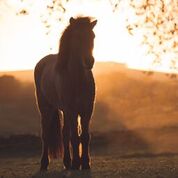 Work with us and our horses to deepen connection whether relating remotely or face to face Communicating remotely has become the way we work and it is also often how we socialise and pursue our leisure interests. Even when the peak of the pandemic crisis appears in our rear-view mirror, the increased levels of remote working will continue in many organisations due to various reasons. Individuals speak of the freedom which being home-based brings, the convenience and the additional time available so spend with the family. Travel time and cost is spared and the roads are quieter. Yet we also talk of ‘screen fatigue’, exhaustion, feelings of isolation and low energy. Without the supercharge of social interaction our screen-based communication can leave us feeling cut off and drained. When we do meet each other in person, we are currently required to keep our distance. Yet we are a social species hardwired to work and play together. How can we support ourselves better and connect deeply with others in spite of the physical space which now separates us? Developing and sustaining the purposeful relationships we need in all aspects of our lives will require a new mindset. In this one day workshop we will learn from our herd of horses how a practice of presence shrinks the distance which separates us and brings us not only into deeper contact with others but also with ourselves. Horses do not need to be close physically in order to connect. Often the most satisfying moments of mutual understanding which I have observed and experienced between human and horse, when heart meets heart, happen across distance. It also helps that horses do not rely on words to express themselves. They seem able to broadcast their emotions and feelings and to understand those of others, by simply being. Developing a practice of presence was never a nicety and as we are buffeted by change and precarity, holding the moment, being still, cultivating calm and letting go of expectations and regrets, are all key to leadership which nurtures well-being and relationship. Join us and our horses, nature’s finest and wisest teachers, to find out how working experientially with them can help. This workshop will be held outdoors and all health protocols required at the time will be observed. A place can be reserved prior to the event and payment will be requested a month prior to it taking place. Places are strictly limited. Venue: Suddene Park Farm, Burbage, Wiltshire SN8 3DP Date: Thursday 23 September 2021 Time: 10.00 am- 4pm Fee: £250 per person. To reserve a place please email [email protected] In my second summer living in France a pair of opportunistic swallows moved into my woodshed one day when the door had been left open. Within a matter of a month or so one nest had become three and I was delightfully entertained by, I estimate, three clutches fledging, feeding and singing their hearts out in my courtyard. By the end of the summer I counted 36 birds one sunny morning, preening their feathers and holding company in the trees and on the telephone wire in front of my home. I could see their comings and goings through my kitchen window and spent rather longer than I should have done taking it all in. As the autumn days became cooler, I was moved how the whole colony pulled together, every bird bringing food to quickly strengthen the last chicks before their great flight back south.
One sunny Monday morning, as I wrote out on the patio, I watched other colonies join mine on the wire looping across my small valley. 20, 30, 50 and then I couldn’t keep count anymore as they gathered for their mass departure. The birds seemed to take it in turns to loop off the wire, fly around the valley and settle again. I wondered what was going on and which bird, or birds, would decide when to leave. Were they waiting for others to arrive? And if not what else were they delaying for? The noise from them was almost unbelievable and the activity electric. And then they were gone and there was silence. You can imagine my delight when one morning two weeks ago a solitary swallow perched in my courtyard. ‘Welcome back!’ I called, a little bemused that it was on its own. Sure enough the next day it was joined by its mate and nest building began again in the woodshed. I had a small window cut into the top of the door, to let the birds in and keep the Siamese cat which had joined my household over the winter, out. I woefully underestimated her prowess in scaling sheer wooden surfaces… The swallow who survived the feline visit, I think a female, suspended nest building and took up vigil on the wire outside. Other than short feeding forays she became a constant, noisy presence, calling for her mate, looking one way and the other. It was sad to witness and I marvelled at her patience and persistence. The strength of her call didn’t fade, she didn’t give up and fly away. Day after day she waited and I hoped that she would not be left alone. Sure enough on day 5 there were two heartwarming, chattering silhouettes against the blue sky when I returned from some errands. And on the following morning another couple of pairs also joined them. With cat security measures enhanced the level of activity in and out of the shed is now quite intense and I have certainly given up any hope of retrieving any logs in the near future. And whilst all this was going on France, as well as some other European countries, shifted into its third national ‘confinement’ as lockdown is called here. And although the UK is easing restrictions, many people are still separated from loved ones during times of illness, passing and hardship. The circumstances in which we find ourselves are truly painful. Being unable to say goodbye to elderly parents in their final weeks and days, grandparents being unable to hold a new grandchild, businesses built over a life-time failing and the social freedoms we depend on taken away. I don’t think I know anyone who isn’t touched in some way. It is tough, still. I take heart from the determination, the hope and the trust of the single swallow. Like her I will keep my song strong, I will sit with patience and trust that reunion will come. And while I wait I will find joy as I observe creation in its most natural form, whilst keeping a very close eye on my small Siamese cat. By Justin Featherstone mc, |
NewsWelcome to our news page. This is where we keep all the interesting stuff as and when it happens. We hope you find it interesting, inspiring and informative.
Categories
All
latest eventsLoading... NEWS Archive
December 2023
|
LOCATION: Suddene Park Farm, Wolfhall Road, Burbage, Marlborough, Wiltshire
Registered address for correspondence only: Equest Limited, 126 High St, Marlborough SN8 1LZ, United Kingdom | Company registration number: 07713922
Registered address for correspondence only: Equest Limited, 126 High St, Marlborough SN8 1LZ, United Kingdom | Company registration number: 07713922
© 2014-2020 Equest Limited. All rights reserved | Photos by Emily Corcoran Photography | PRIVACY AND COOKIES POLICY | Website design by Bright Blue C

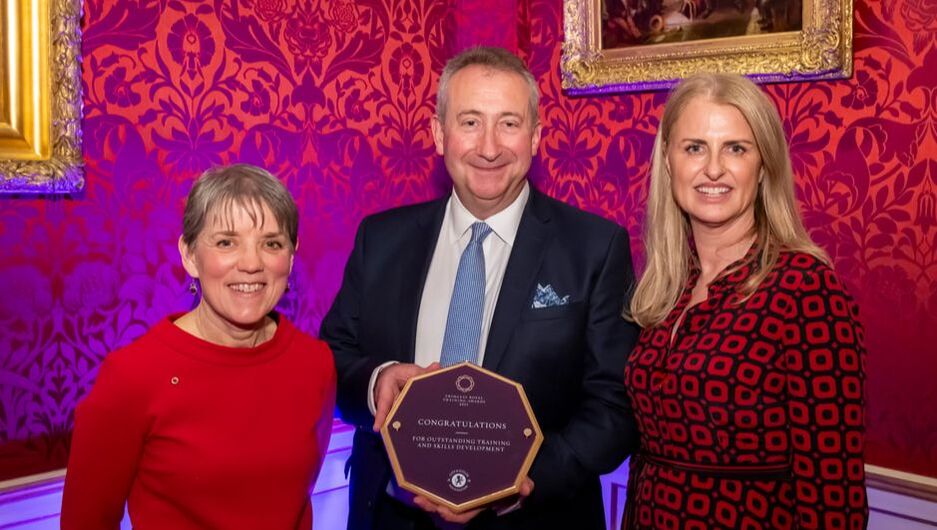
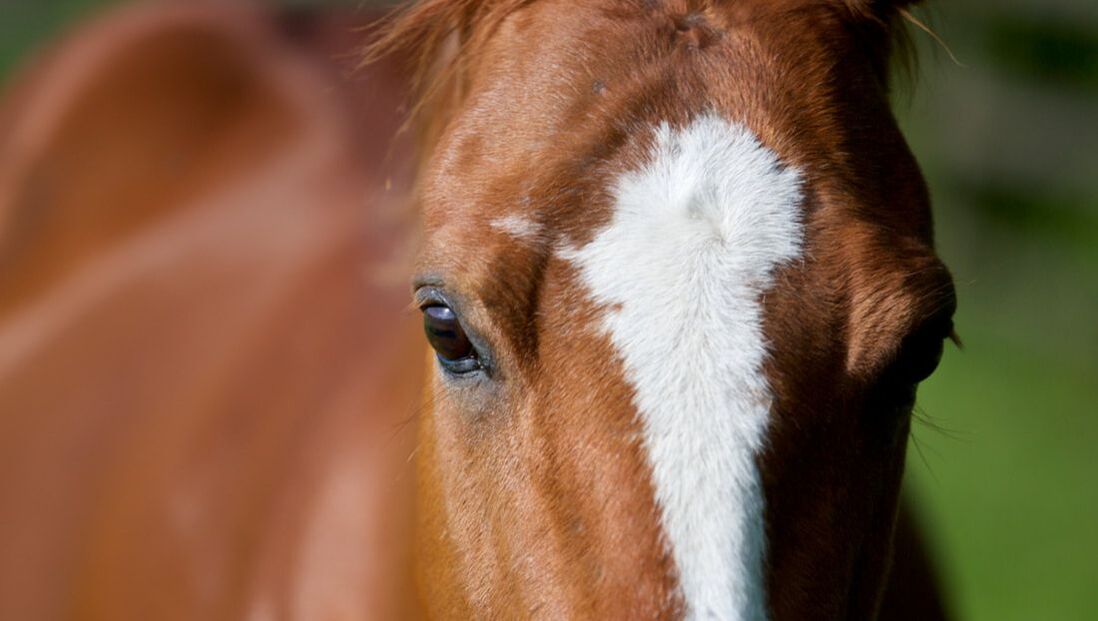
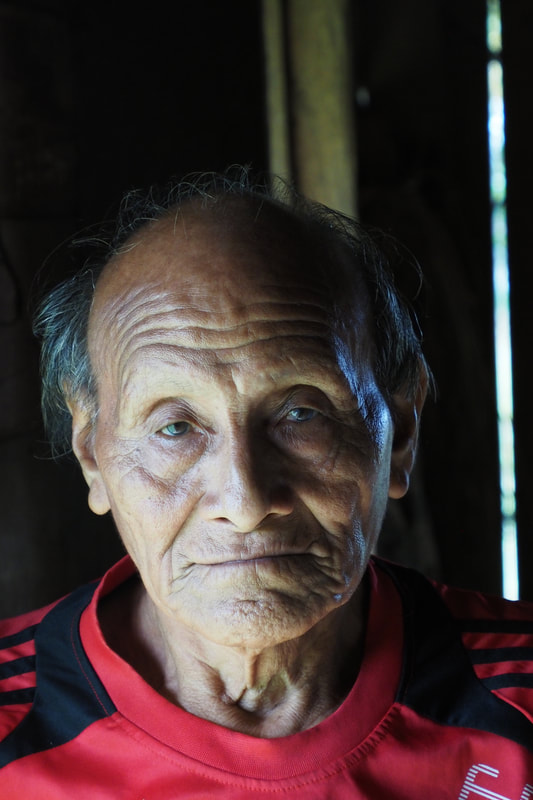
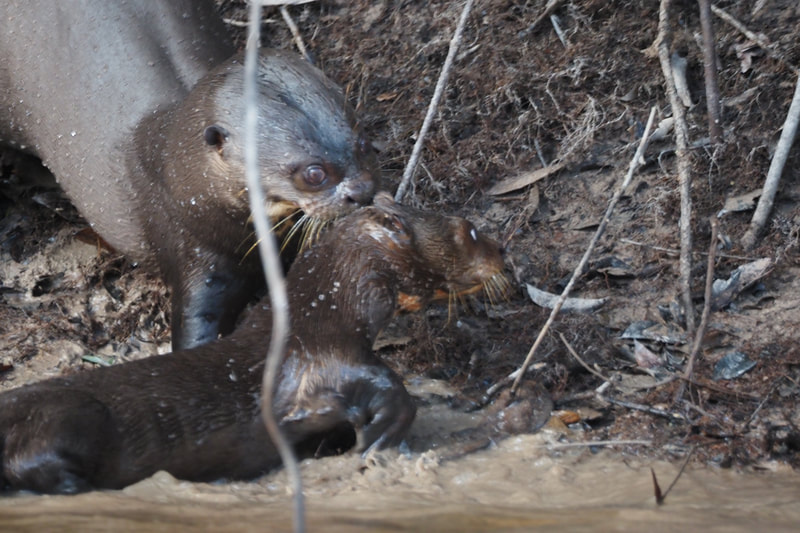
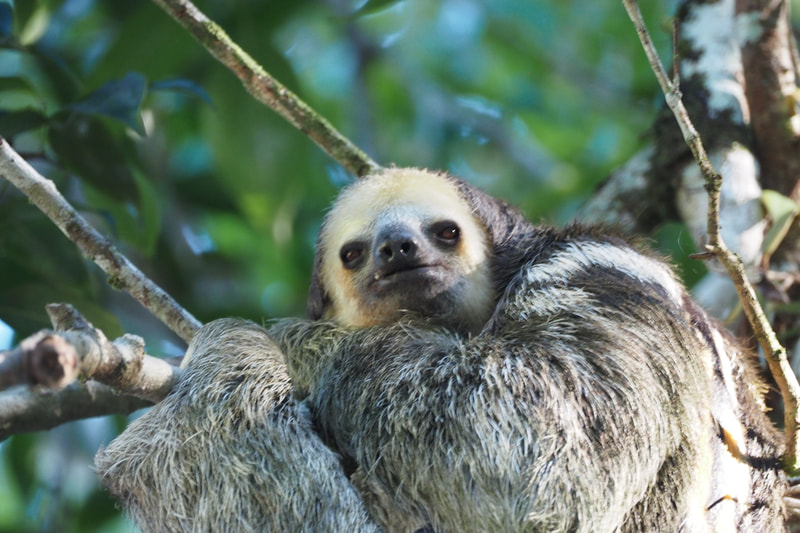
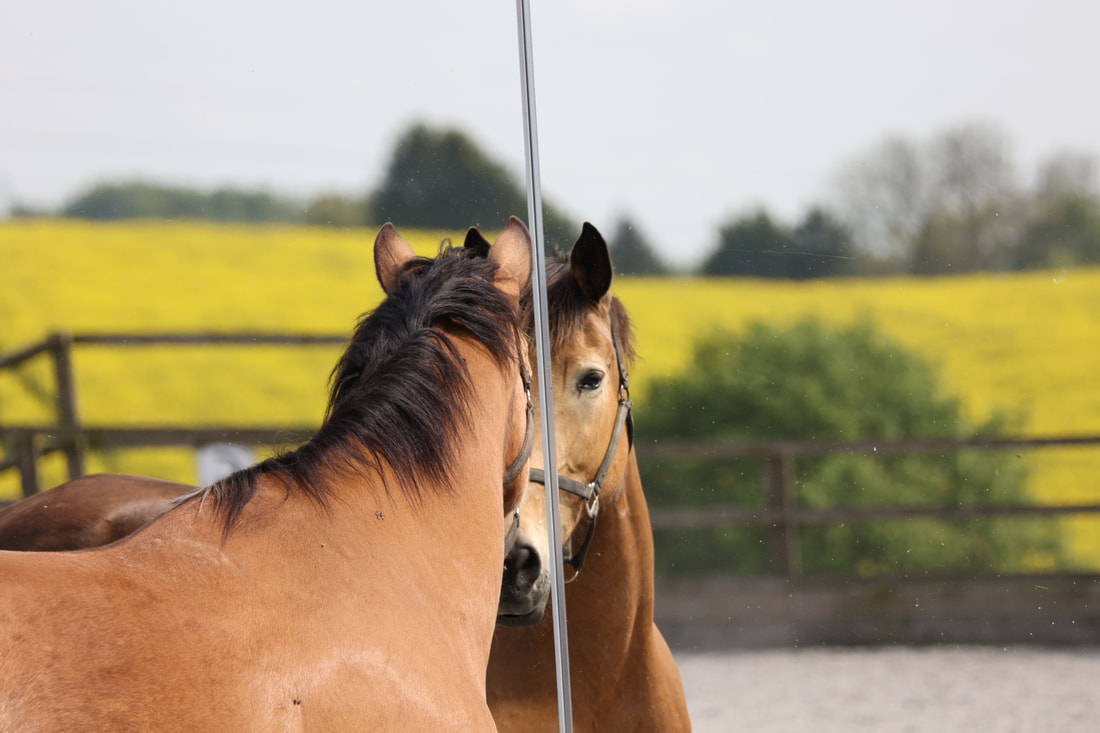
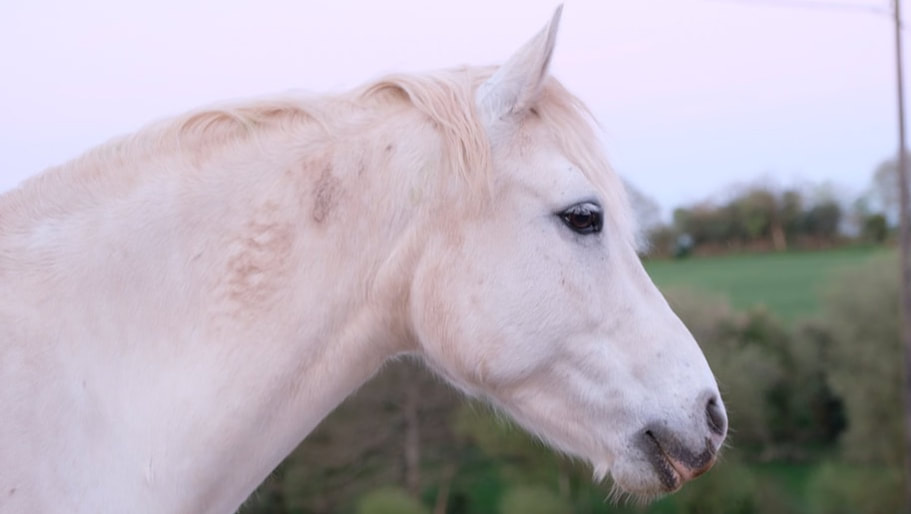
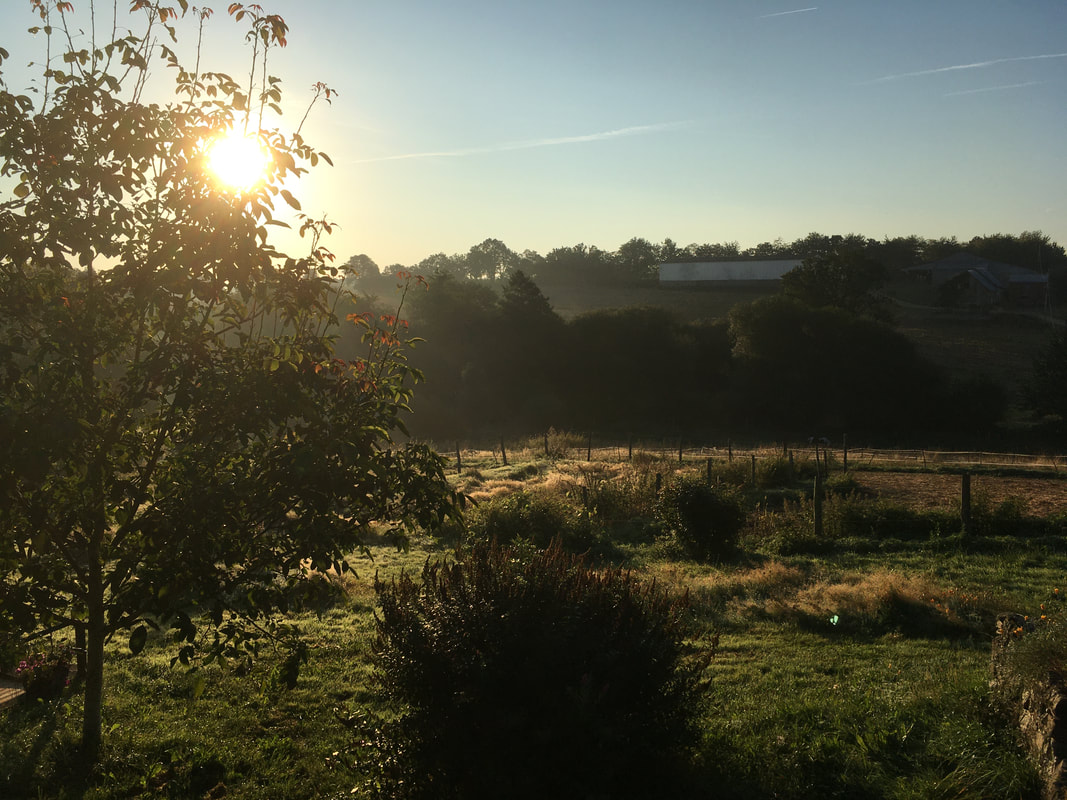
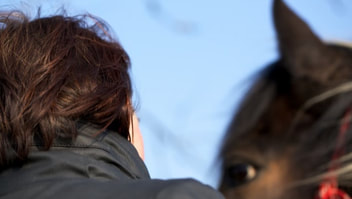
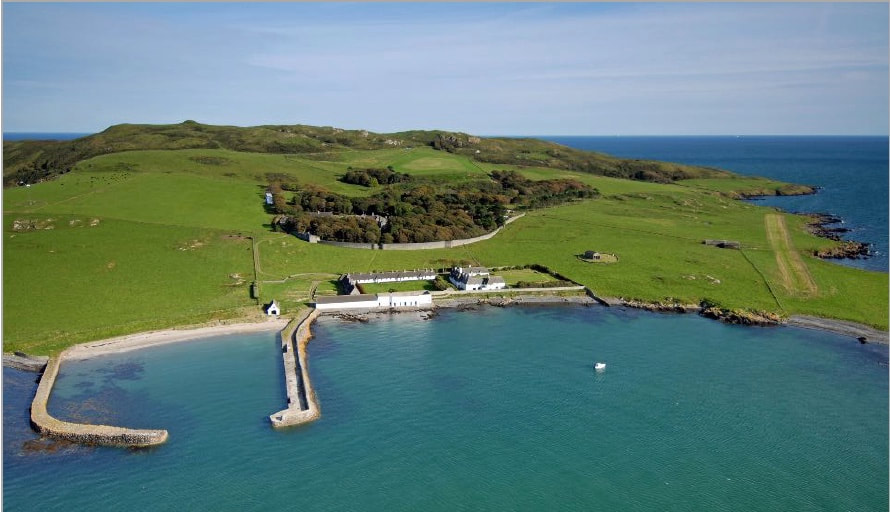
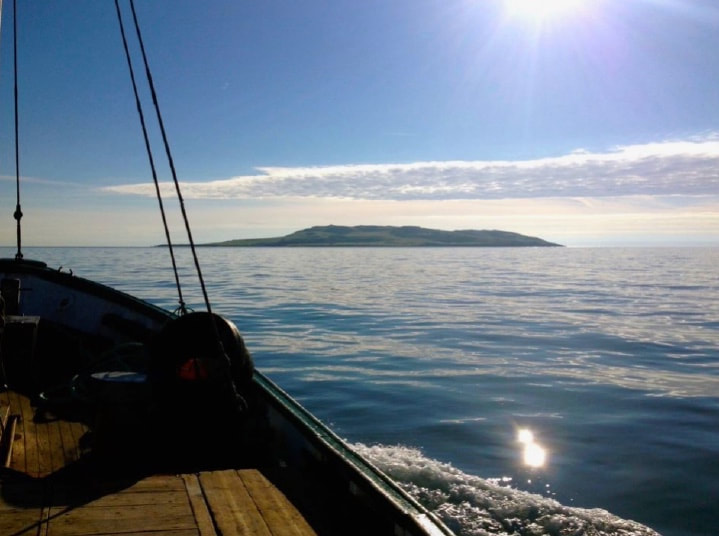
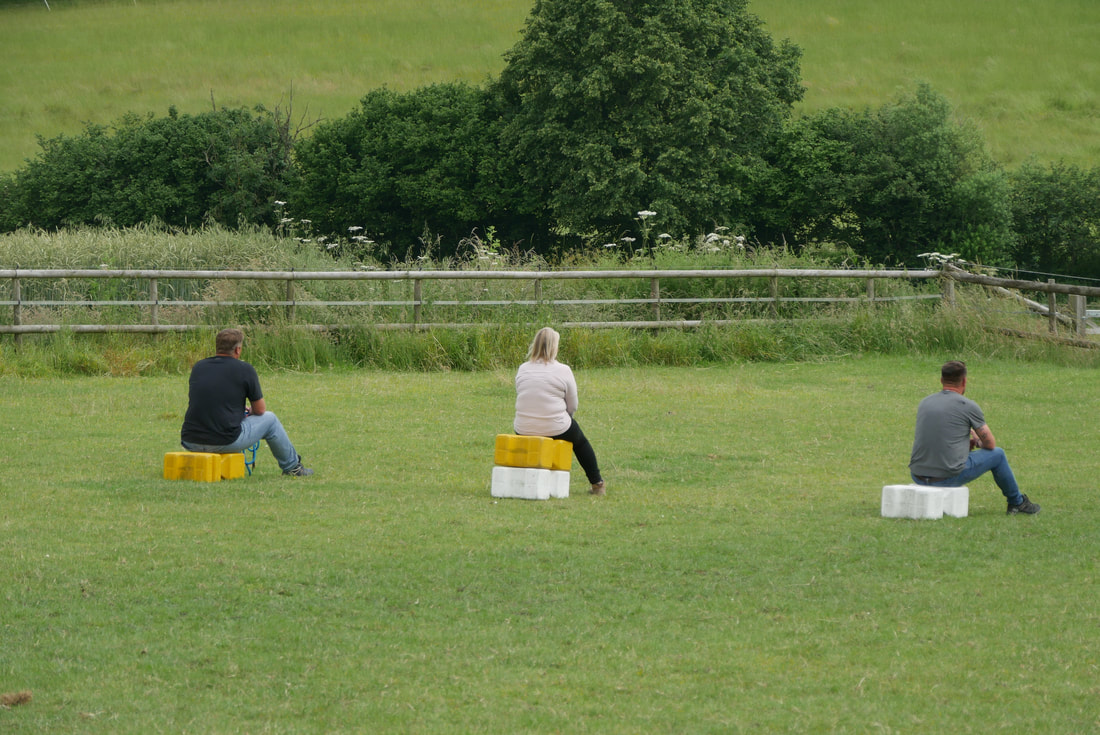
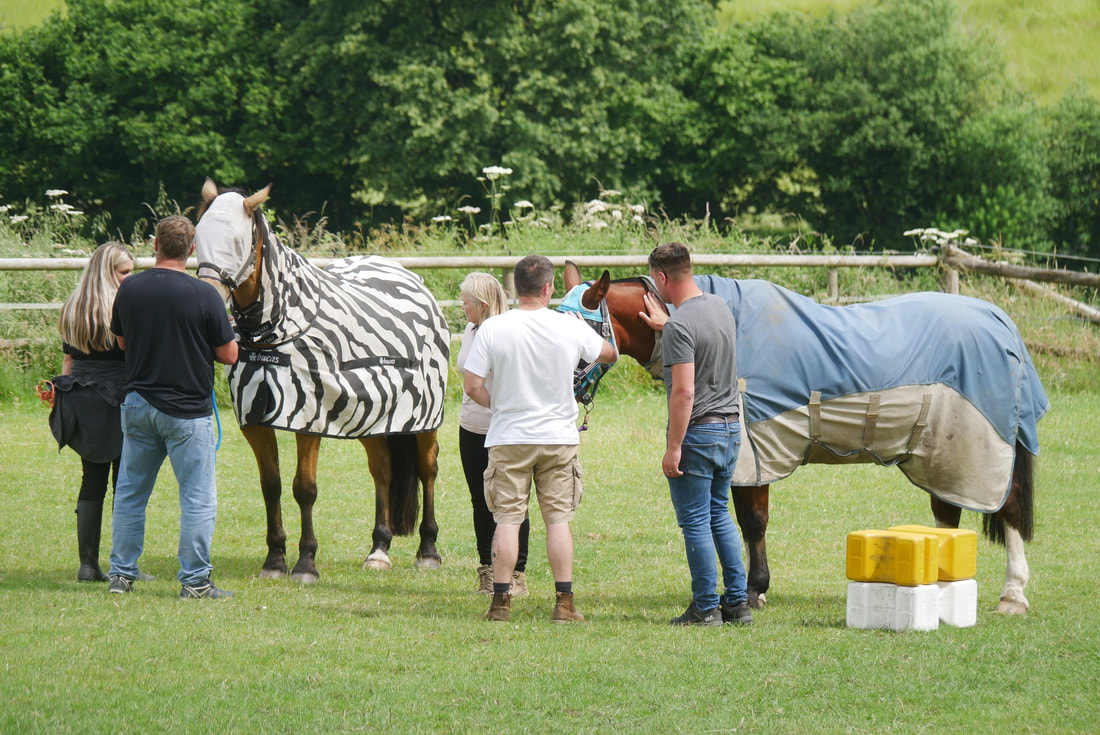
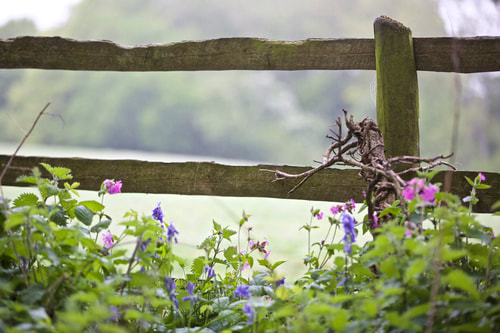
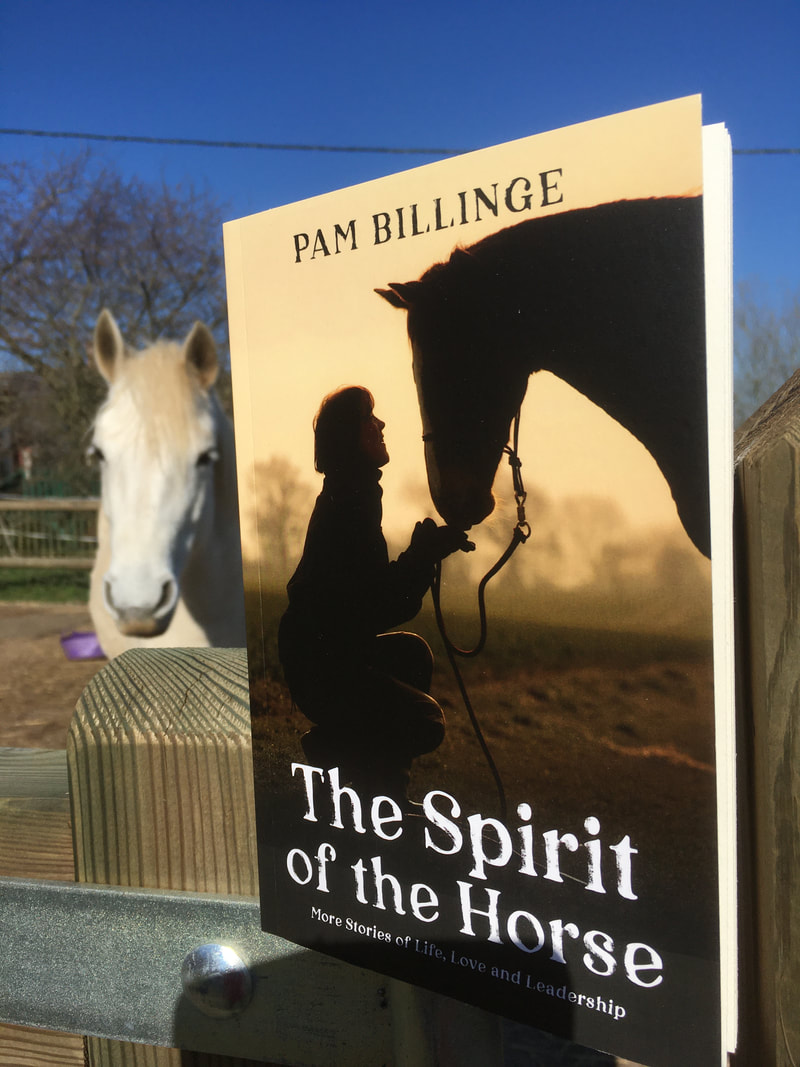
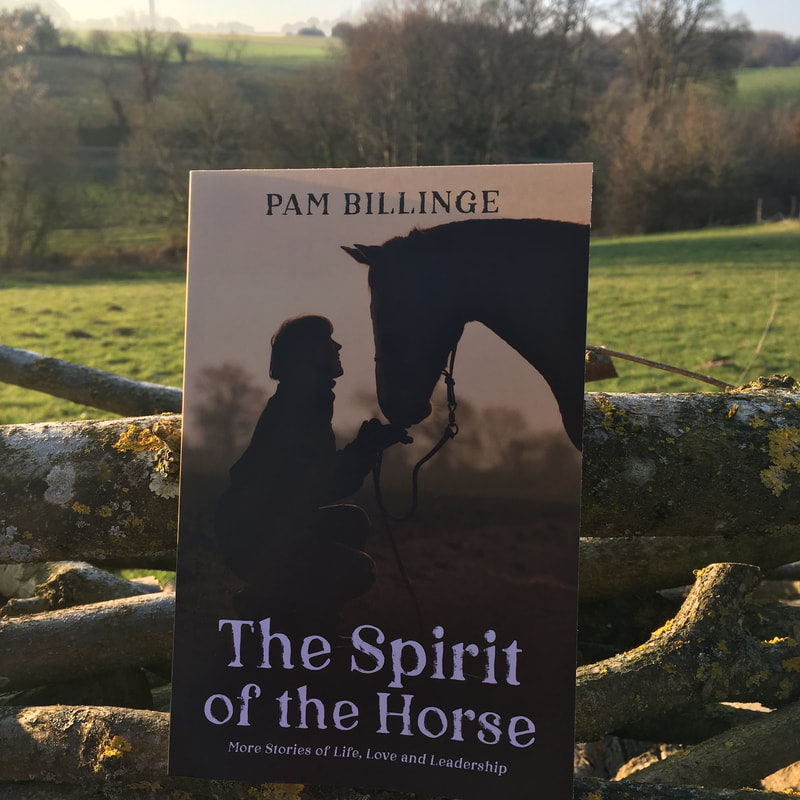
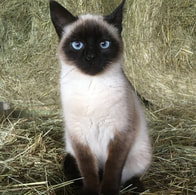
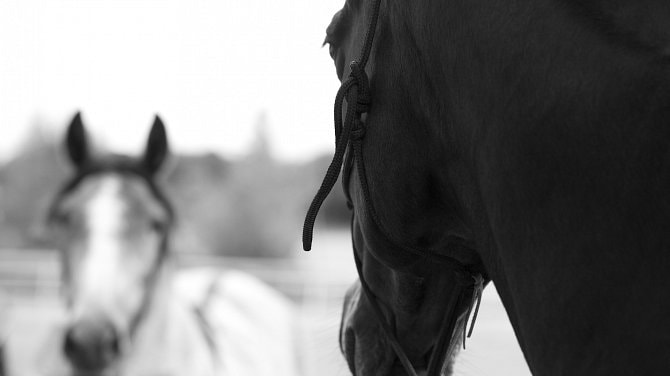
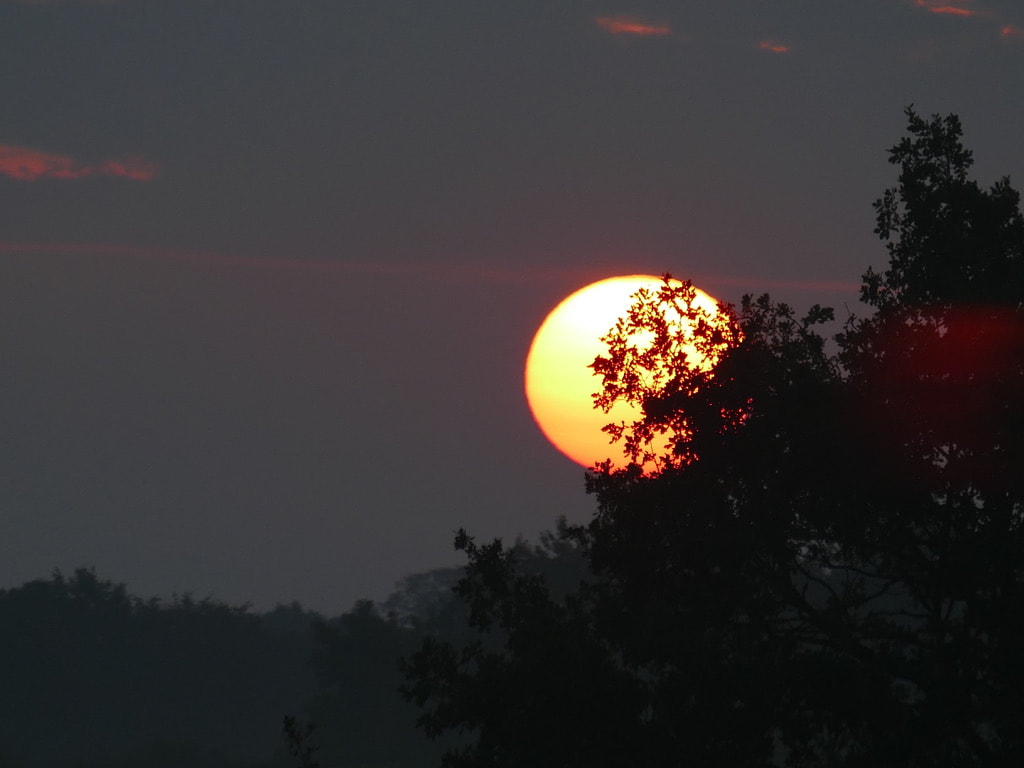
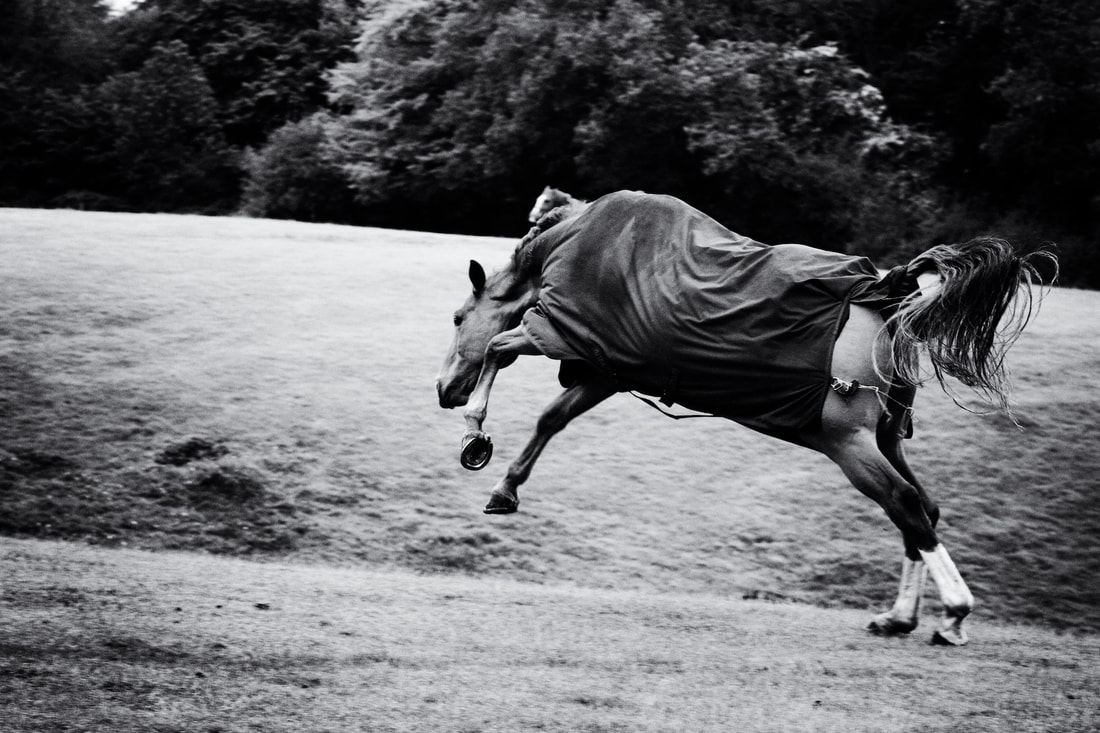
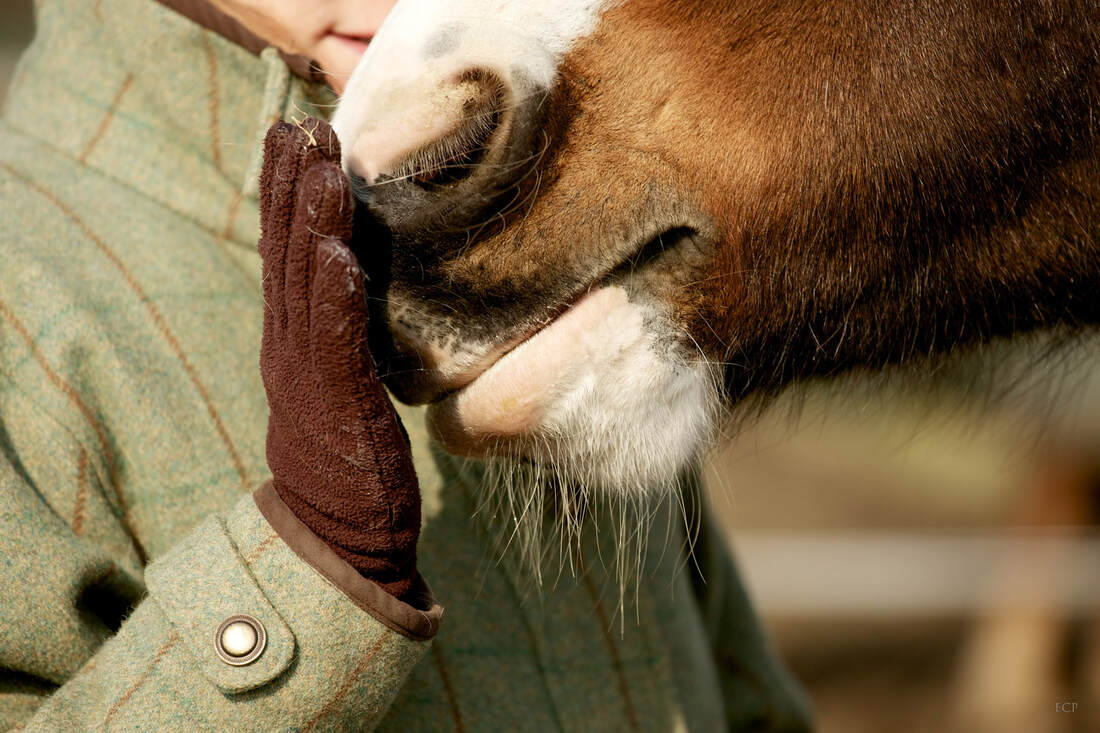
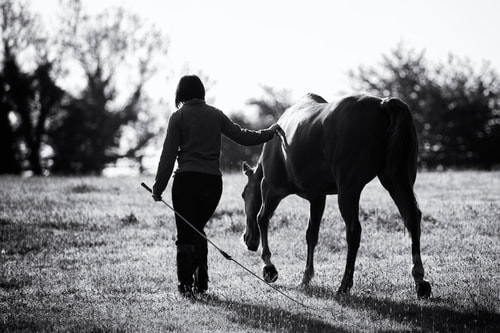
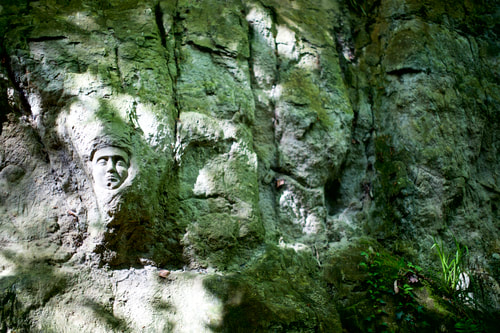
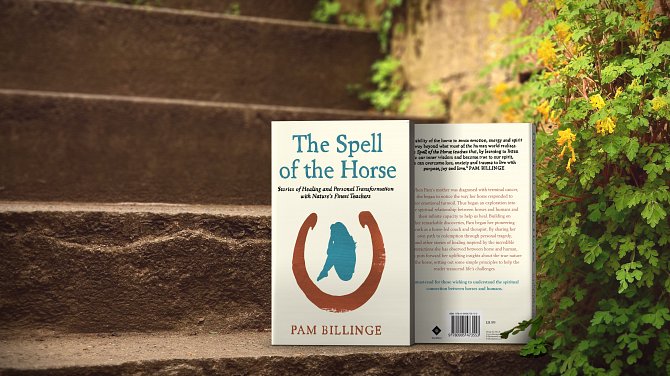
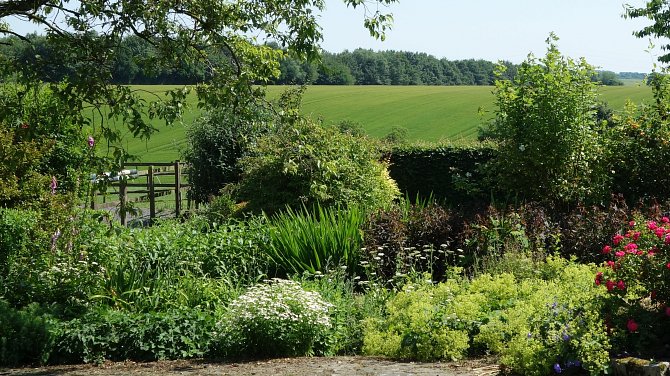
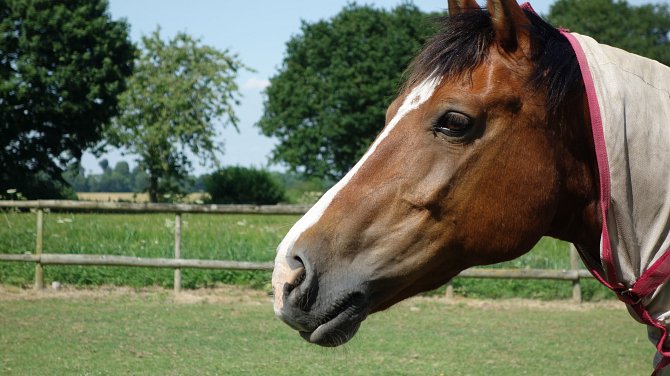
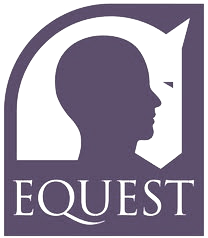
 RSS Feed
RSS Feed